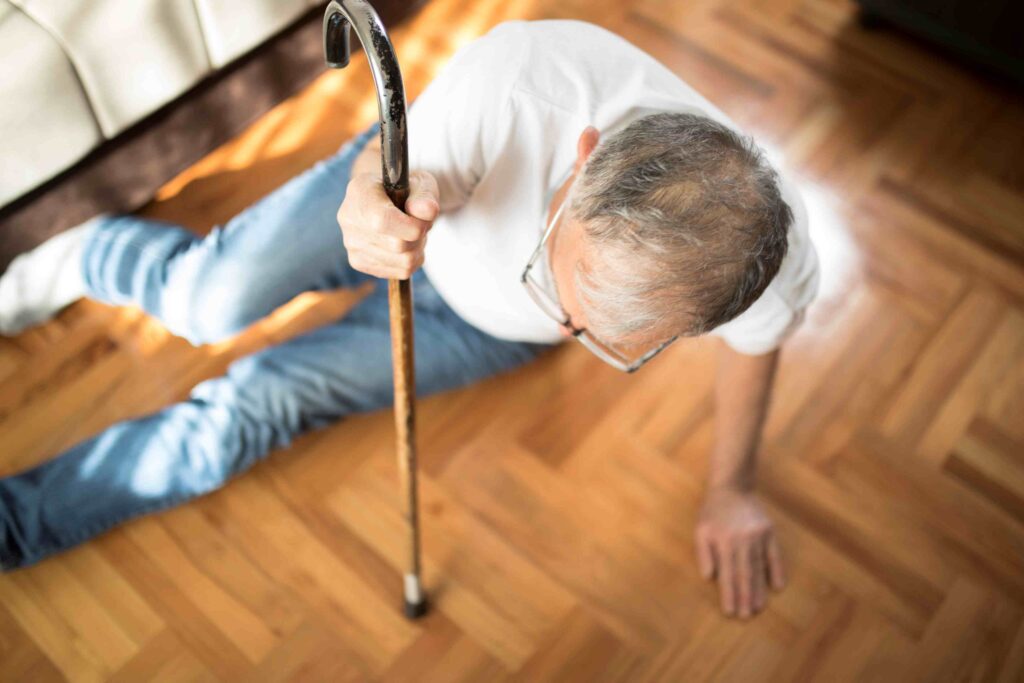Igniting the Power of Community to Overcome Social Isolation
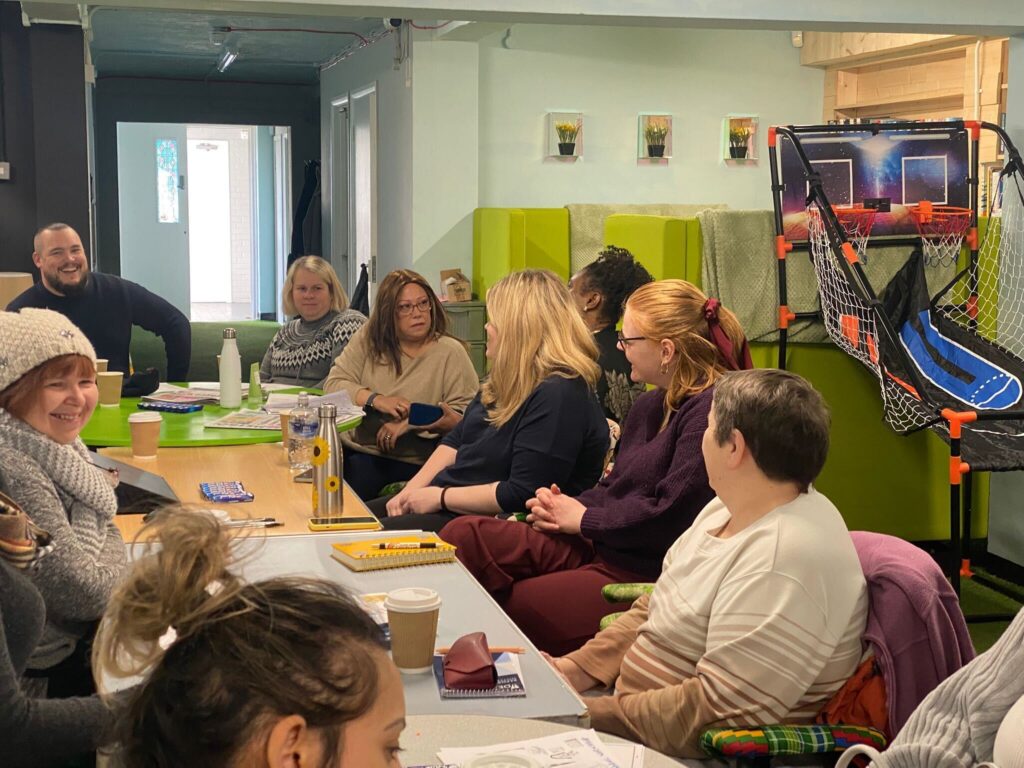
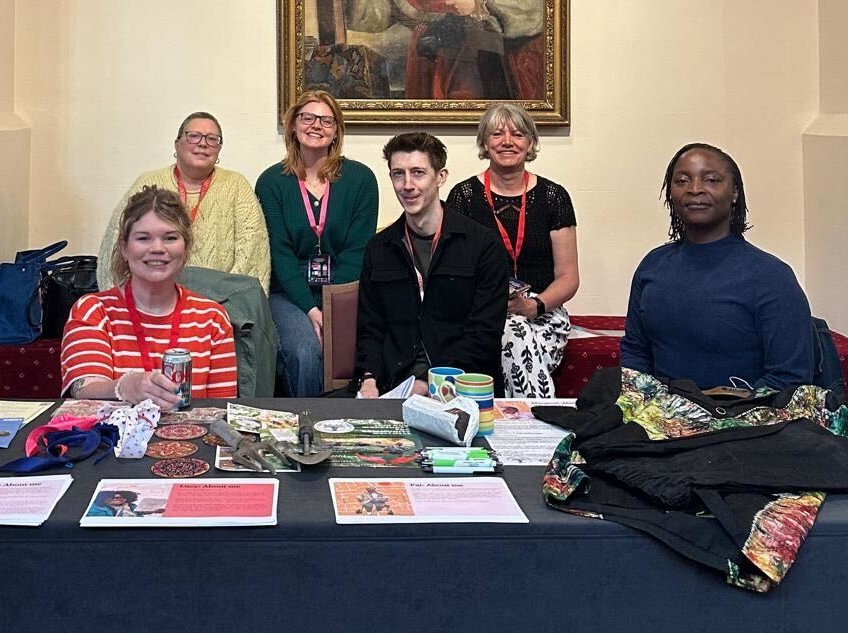
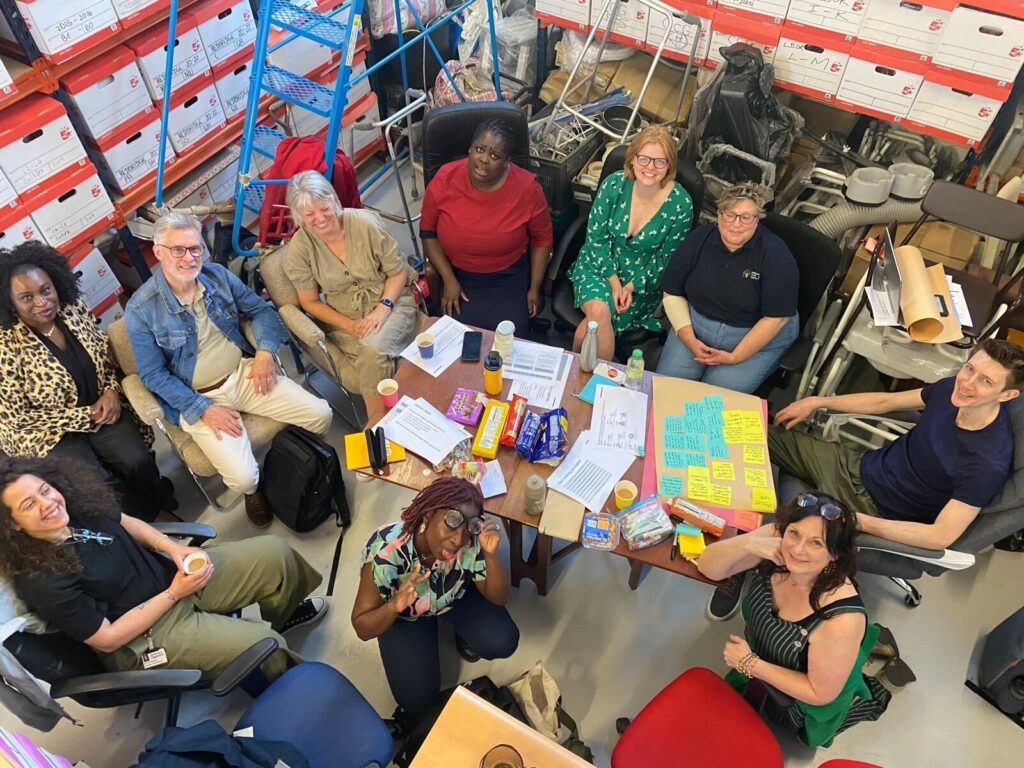
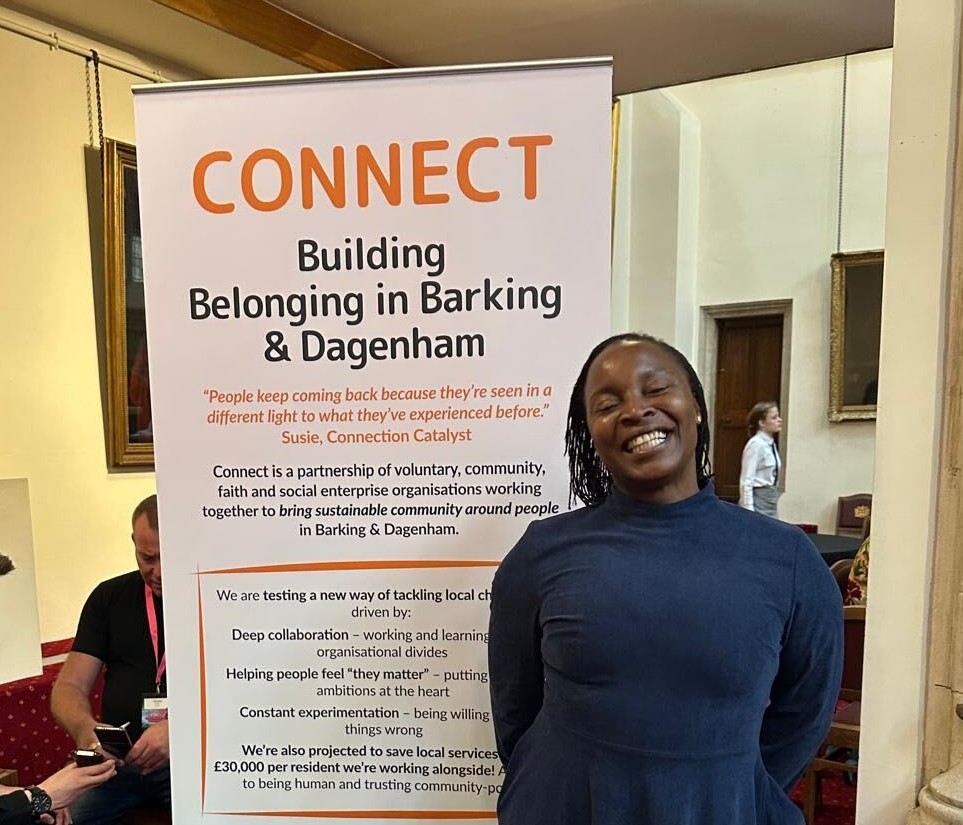
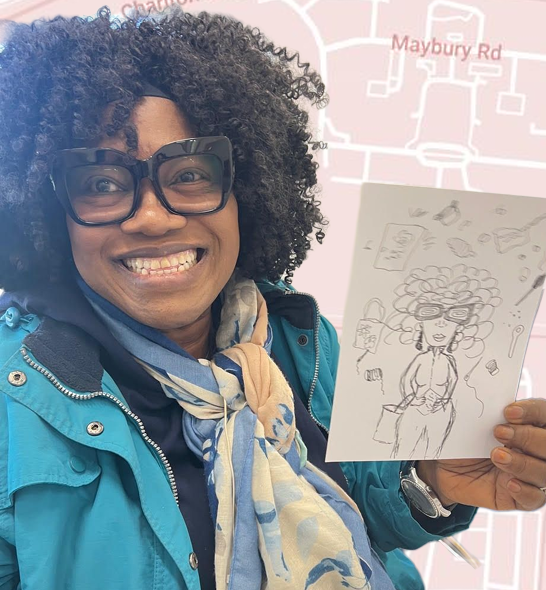
Connect: Building a More Connected Barking and Dagenham
Connect is a borough-wide initiative which brings voluntary, community, faith, and social enterprise organisations together across Barking and Dagenham to support residents who are socially isolated. The programme is led by Care City on behalf of the BD Collective.
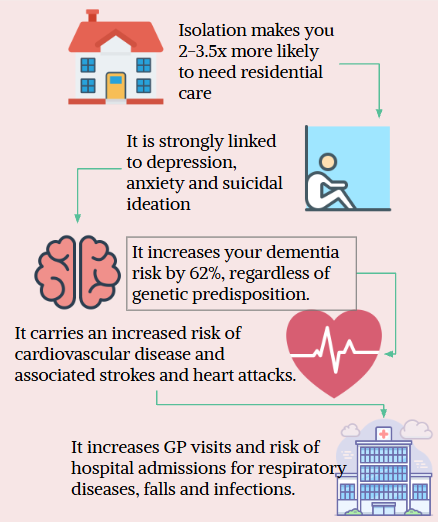
Commissioned by London Borough of Barking and Dagenham, the Connect team is building long-term, trusting 1:1 relationships with residents, through which residents can imagine new possibilities, pursue their ambitions and build agency to overcome personal obstacles to connection.
Connect is also exploring the ingredients of “friendly neighbourhoods”, that can spark and sustain connections between residents over time.
Since launch, Connect has worked intensively with over 100 residents facing isolation, helping people feel seen, valued and empowered. By reducing reliance on crisis services and encouraging deep, lasting social bonds, the programme is projected to save over £32.9 million in public money across these 100 residents, delivering £9 in value for every £1 invested.
But just as important as the numbers is the learning. Through this work, we’ve come to understand something vital: connection starts with the feeling that we matter both to ourselves and to others.
What we’re learning
- Loneliness is a real and pressing issue locally. People in Barking & Dagenham are the second most likely in London to feel lonely often or always. This reinforces why intentional, relationship-based approaches like Connect matter in this borough.
- Welcome matters more than activities. We’re learning that connection doesn’t come from delivering more sessions, but from how people are welcomed into them. First steps into a new group can feel daunting, especially when long-standing relationships already exist. Small, human gestures, warm welcomes, and genuine invitations to join in can make the difference between someone feeling excluded and feeling they belong.
- Contribution builds confidence and connection. When people are supported to contribute, not just attend, they begin to see themselves differently. Creating these opportunities requires real curiosity about residents and moving beyond assumptions. Shifting from “doing for” to “doing with” helps people move from receiving support to actively shaping their communities.
- Connection grows from shared humanity. Strong relationships form when people feel heard, understood and able to be themselves. We’ve seen that authentic connection comes from mutual vulnerability and listening, not simply placing people in the same space. By softening traditional “helper” and “helped” roles, we can build a stronger sense of common humanity across the borough.
“148 studies examining mortality rates across all ages, genders and ethnicities show that having strong connects increases the likelihood of surviving in any given year by more than 50%.”
Julianne Holt-Lunstad et al (2010): ‘Social relationships and mortality risk: a meta-analytical review’, PLOS Medicine
Celebrating one year of Connect
Watch the community’s one-year celebration video to see what Connect looks and feels like on the ground. From individual participants sharing how they’ve built connection, to community partners explaining how we’re collaborating against one of our most complex place challenges, eradicating social isolation.
Shifting the System
The Connect approach challenges traditional service models by focusing not just on needs but on potential. We look beyond fixed behaviours or past identities, especially for those impacted by stigma, long-term isolation, or changing physical or mental health. With patience and curiosity, we work to build safety, trust, and self-expression for residents, working alongside them to move towards what’s most meaningful to them.
This work has already begun to shift how organisations think about social isolation and community building. It’s sparked new ways of working that are more relational, inclusive, and, most of all, “human”.
Looking Ahead
We’re exploring what it means to make Barking and Dagenham a truly connection-friendly borough, especially for people who are housebound or face barriers due to disability. That means creating environments where everyone, regardless of circumstance, can feel they belong, contribute, and thrive. Connect is more than a programme. It’s a growing movement for change, powered by the belief that everyone deserves to feel they matter.
Thank you to our incredible Partners
Community Resources, Independent Living Agency, Harmony House, Humourisk CIC, SIGNAL, Ageable CIC, Suresteps Wellbeing, Elevate Together, Dagenham Rhythms Community Choir
We want to share our learning with other places and continue to learn from those experiencing feelings of loneliness or isolation. If you want to help or learn more about our programme of work, email us at theteam@carecity.org

